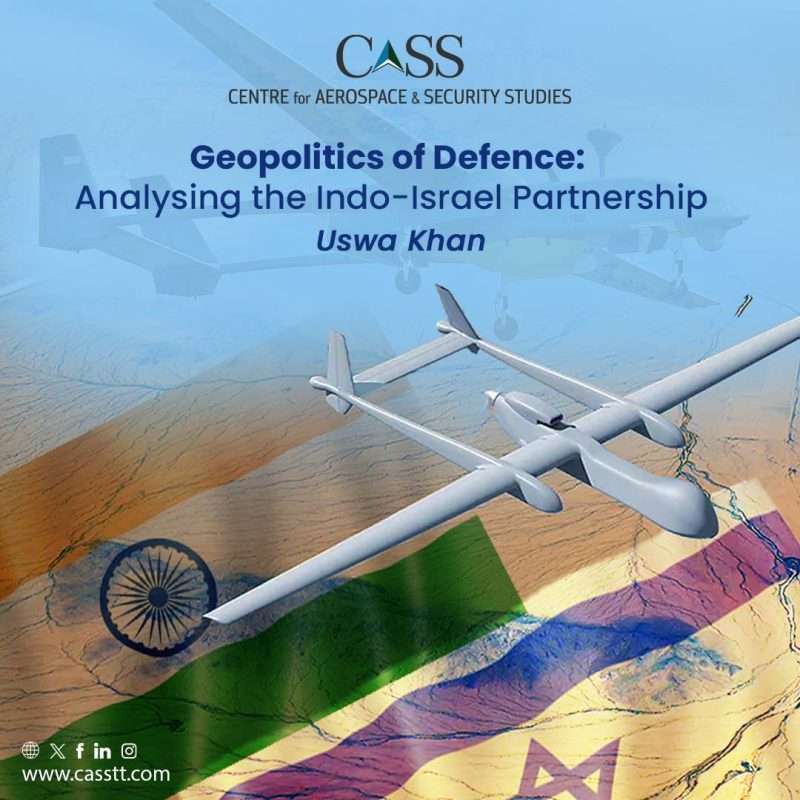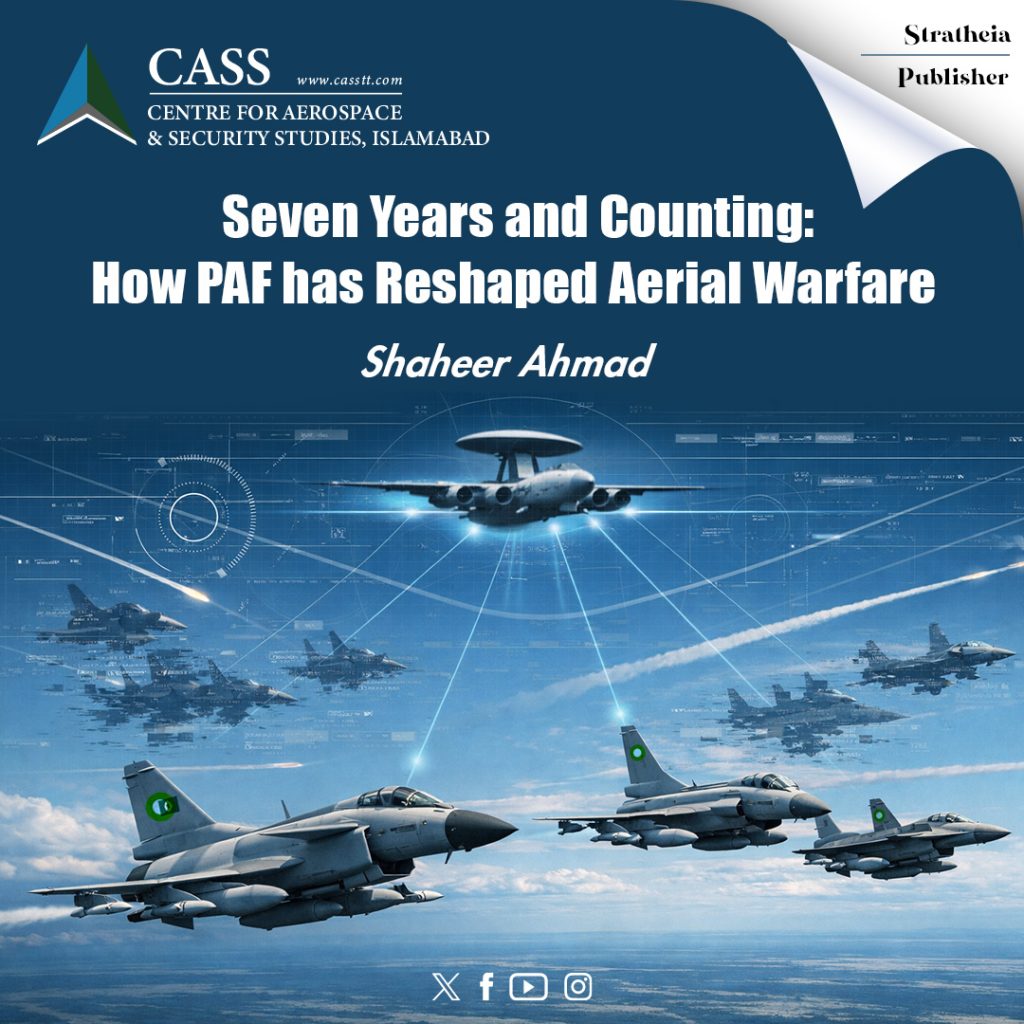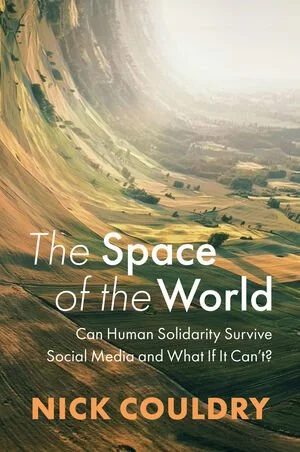In recent times, the Indo-Israeli defence partnership has reached a fundamental juncture. The bilateral relationship between the two states has shown a significant growth over the past few years since the inception of their diplomatic relations in 1992. A crucial episode of this relation began when Narendra Modi became the first Indian Prime Minister ever to have visited Israel in July of 2017. India’s diplomatic efforts to establish strong strategic relations with Israel can be viewed from the lens of the Kautilyan realpolitik model which emphasises the development of bilateral relations beyond borders for the sake of national interests.
With Israel being the fourth largest defence supplier of India, it has exported military hardware worth USD 2.9 billion to India over the last decade. Imports of military equipment from Israel includes a number of advanced technology including radars, ISR and combat drones, and missiles which have boosted the defence capabilities of the Indian armed forces. This defence collaboration serves as a strategic alliance, allowing India to modernise its military capabilities while simultaneously offering Israel an avenue to expand its defence exports. Plus, by combining India’s expertise in fiber optic gyros and electromechanical systems with Israel’s advanced sensor and packaging technologies, the partnership effectively unites complementary strengths. This synergy is not only fostering a robust alliance but also propelling both forward in the realm of high-tech military advancements and weaponry upgrades.
Since their defence collaboration, India has procured a number of drones, military systems, aircraft and missiles from Israel. For example, its military purchased Heron Medium Altitude Long Endurance (MALE), Heron TP-XP, Heron MK-II and Searcher MK-II drones for Intelligence, Surveillance, Target Acquisition and Reconnaissance (ISTAR). Moreover, SPYDER-MR with air-to-air I-Derby and Python-5 missiles developed by Rafael Advanced Defence Systems, and EL/M-2075 Phalcon Airborne Warning and Control System (AWACS) were also acquired. Besides, both India and Israel co-developed BARAK-8 air defence system demonstrating their enhanced technological cooperation in the defence sector.
In fact, over the years, India’s relations with Israel have significantly evolved from a buyer-seller to a joint partnership in production of military and high-tech equipment. This suggests that diplomatic initiatives of the Indian government have been instrumental in rejuvenating the notions of not only ‘Make in India’ but also a ‘Make with India’.
Additionally, both states are also deeply invested in Research and Development. Their cooperation has also been extended to a number of other domains such as space and cyber security. For instance, Adani Defence and Elbit systems, in 2018, inaugurated the first India-Israel joint venture in defence at Hyderabad. This facility is currently manufacturing high-technology, and cost-effective Hermes 900, which are known as Drishti-10 locally. On the other hand, the Indian Space Cooperation (ISRO) has collaborated extensively with Israel Space Agency (ISA) for initiating space projects. Up till now, there have been three main space agreements for bilateral cooperation including satellites, GEO-LEO optical links and atomic clock i.e., satellite-based equipment for precise location data.
While India’s acquisition of military hardware from Israel enables the state to have multiple military systems, equipment and vessels which are critical in terms of operational capability vis-à-vis land, air and naval assets, this defence partnership has raised concerns in South Asia. According to the Stockholm International Peace Research Institute (SIPRI)’s 2023 report, China accounted for 54% of Pakistan’s total military imports between 2018 and 2022. Till the time Pakistan is not able to meet its defence requirements indigenously, it will have to look for suitable regional and extra-regional avenues to augment its security. In this context, Türkiye has also emerged as a reliable partner and ally with considerable potential for collaboration, apart from China.
To conclude, the mutual hegemonic ambitions behind Indo-Israel defence collaboration pose significant risks, which can potentially lead to greater mistrust and strategic imbalance in South Asia. Consequently, Pakistan must adopt a calculated and proactive approach towards the evolving dimensions of this bilateral defence partnership.
Uswa Khan is a Research Assistant at the Centre for Aerospace & Security Studies (CASS), Islamabad, Pakistan. She can be reached [email protected].





